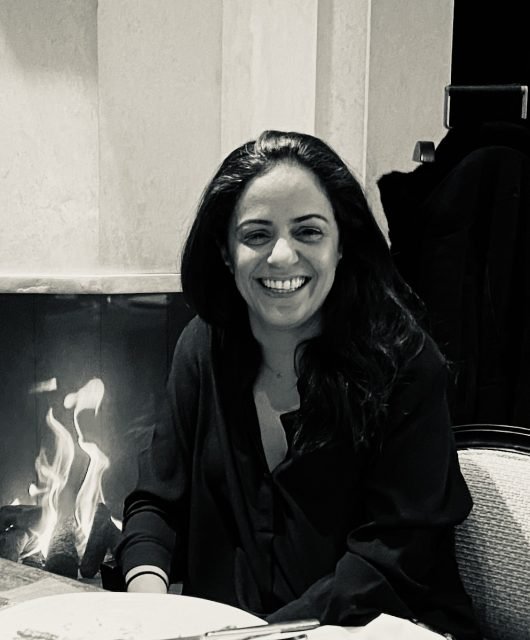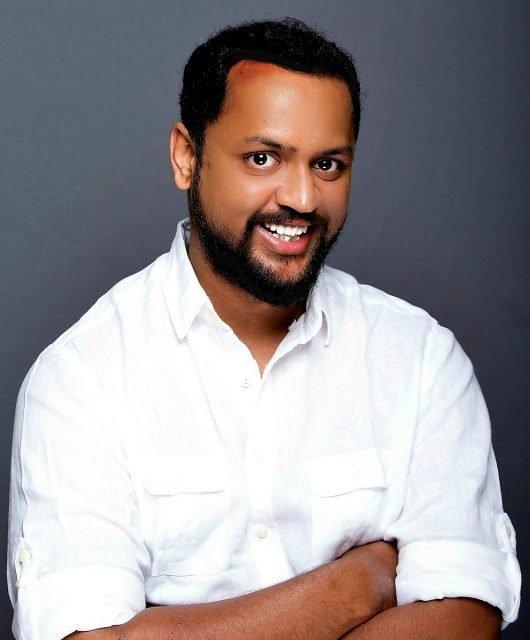A Call to Action for the Urgent Evolution of Strategy in MENA
By Mark Haycock, Regional Head of Strategy, MENA, M&C Saatchi
The strategy departments across global markets are under intense scrutiny, and none more so than in the MENA region. Once a behind-the-scenes function, strategy teams are now being called upon to redefine their roles, justify their value, and adapt to a landscape shifting at an extraordinary pace. In MENA, where the strategic horizon is particularly complex, the question isn’t just how to stay relevant—it’s how to lead the charge in a region poised for seismic change.

Yes, we’ve made significant strides. The increasing recognition of MENA agencies in global platforms like the Effies is testament to this. But we mustn’t get comfortable. There are deeper, more fundamental challenges we must solve if we are to claim a leadership role in the global strategic community. Challenges unique to our region, steeped in cultural nuance, fragmented markets, and ongoing geopolitical tensions.
I believe the future of strategy in MENA hinges on solving three critical issues: the race for speed-to-insight, balancing short-term wins with long-term gains, and the development of local strategic talent. Without addressing these head-on, we risk falling behind.
The Fastest Market in the World
MENA’s business tempo is unlike anywhere else. In countries like the UAE and Saudi Arabia, entire economies and cities have risen in a matter of decades. The same visionary, fast-moving mindset trickles down to the business world. Companies, eager to move quickly, have little patience for the long, drawn-out timelines of traditional campaign development. And the global pandemic has only further compressed those timelines.
The challenge for strategy departments is clear: how do we deliver genuine, culturally attuned insights in a fraction of the time it takes elsewhere? In my experience, the usual gap between what consumers say and what they do is amplified by a “say, think, do” phenomenon in MENA. People in this region, especially in markets like Saudi Arabia, often adjust their answers to fit the perceived expectations of researchers, creating a barrier to uncovering the truth.
It’s no longer enough to rely on international partners or digital surveys that skim the surface. Our insights need to be as rapid and authentic as the region demands. To achieve this, we must rethink how we conduct research. In-person, context-sensitive interviews conducted by individuals who speak the local dialect and understand the culture are essential to cutting through the noise. In short, we need local expertise to inform our global ambitions.
The Tug-of-War Between Short and Long-Term Objectives
If there’s one thing MENA agencies excel at, it’s proving short-term effectiveness. The growing presence of MENA names on the global Effies table speaks volumes about our ability to drive immediate results. But long-term brand building? That’s a different story, and it’s here that we risk falling behind.
Consider the example of McCain’s decade-long campaign that increased gross profits by 32% and slashed price sensitivity by nearly half, as seen in the Effies Grand Prix-winning case from London. Where is MENA’s equivalent? We cannot rest on short-term laurels in a region experiencing such explosive growth. This is precisely the moment we need to be pushing for long-term thinking.
The immediate returns are tempting, especially in a region where rapid development creates an endless appetite for quick wins. But without a shift towards more sustained, strategic thinking, we may find ourselves vulnerable in the long run. We need to ensure that future Effies recognitions reflect not only our ability to win today but to build resilient brands for tomorrow.
Building the Strategists of the Future
All of this leads us to the final, most pressing issue: the glaring talent void in MENA’s strategy landscape. The region’s rapid pace demands world-class strategists, yet our pipeline for nurturing such talent is woefully underdeveloped. While global talent can and has been imported, this is no substitute for cultivating a homegrown pool of strategists who understand the unique dynamics of the region.
We’re seeing a rise in online courses from global experts like Julian Cole and Mark Pollard, but where is MENA’s own contribution to the strategic canon? It’s time we took ownership of our future. Engaging top students from regional universities, developing localized training programs, and committing resources to the growth of strategic talent are essential steps in securing our place on the world stage.
The Region Poised to Rewrite the Script
Despite these challenges, I am optimistic. There is no other region better equipped to rewrite the rules of strategy than MENA. Our cities—Dubai, Riyadh, Abu Dhabi—have already defied expectations and reinvented themselves on a global stage. The same can, and must, be done for our approach to strategy.
The world is watching. It’s time to lead.





